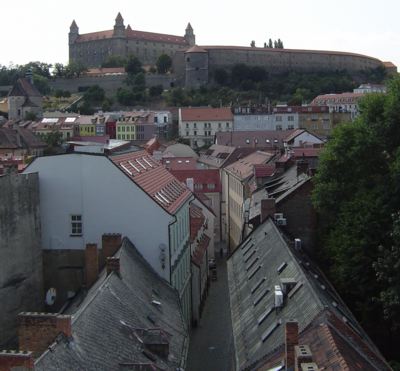Oedd hi’n braf ddoe – heulog a phoeth gyda gynt ysgafn – er oedd hi’n gŵyl y banc. Oedd hi’n braf dros y sul hefyd – newid neis ar ôl y tywydd diflas y gawson ni’n ddiweddar. Nes i cryn dipyn o bethau ar Omniglot yn y boreau, ac yn prynhawniau bues i ar y promenâd yn sglefrolio neu yn siwglo.
Cwrddais i âr un o’r nghyfeillion – hogyn sy’n chwarae y ffliwt – a phenderfynon ni’n cael sesiwn fach yn ei fflat bob Nos Iau. Gobeithio bydd ei gyfeillion sy’n chwarae y ffidl a’r gitar yno hefyd. Byddan ni’n ceisio dysgu o leiaf un dôn newydd bob wythnos.
Ddoe dw i’n wedi penderfynu gwneud cwrs mewn canu caneuon o Iwerddon yn y Canolfan Iwerddon yn Hammersmith, Llundain. Bydd y cwrs yn dechrau yng nghalon mis Medi, bydd e’n para am ddeng wythnos, a bydd e’n digwydd bob Nos Fawrth. Dw i’n edrych ymlaen yn eiddgar ato fe.
Lá saoire banc
Bhí lá breá ann inné – grianmhar agus te le gaoth éadroma – cé go raibh lá saoire banc ann. Bhí an aimsir go breá ag an deireadh seachtaine chomh maith – athrú deas i ndiaidh an aimsir uafásach a bhí ann le déanaí. Rinne mé cuid mhaith rudaí ar Omniglot ar maidin, agus tráthnóna bhí mé ag scátáil agus ag déanamh lámhchleasaíocht ar an promanád.
Bhuail mé le cara – buachaill a bhíonn ag seinm an fheadóg mhór – agus bheartaigh muid seisiún ceoil beag a dhéanamh gach oíche Déardaoin in ar árasán. Tá súil aige go mbeidh ar chara eile ann – fidléir amháin agus giotáraí. Bhain muid triail as port nua amháin ar a laghad a fhoghlaim gach seachtaine.
Inné bheartaigh mé cúrsa amhránaíocht sa Lárionad Gaelach i Hammersmith, Londain a dhéanamh. Beidh an cúrsa ag tosú i mí Mheán Fómhaira agus beidh sé ann gach oíche Mháirt ar feadh deich seachtaine. Tá mé ag súil go mór leis.
Bank holiday
It was a nice day yesterday – sunny and warm with a light breeze – even though it was a bank holiday. The weather was good over the weekend as well – a nice change after the horrible weather we’ve been having recently. I did quite a few things on Omniglot in the mornings, and spent the afternoons skating or juggling down on the seafront.
Yesterday I met up with a friend who plays the flute and we arranged to meet up at his place on Thursday evenings for a music session. He hopes to persuade some other friends to come as well – a fiddler and a guitarist – and we’ll try to learn at least one new tune a week.
I’ve also decided to sign up for a course in Irish singing at the Hammersmith Irish Centre in London. The course starts in September, takes place on Tuesday evenings and will last for ten weeks. I’m really looking forward to it.
![]()
